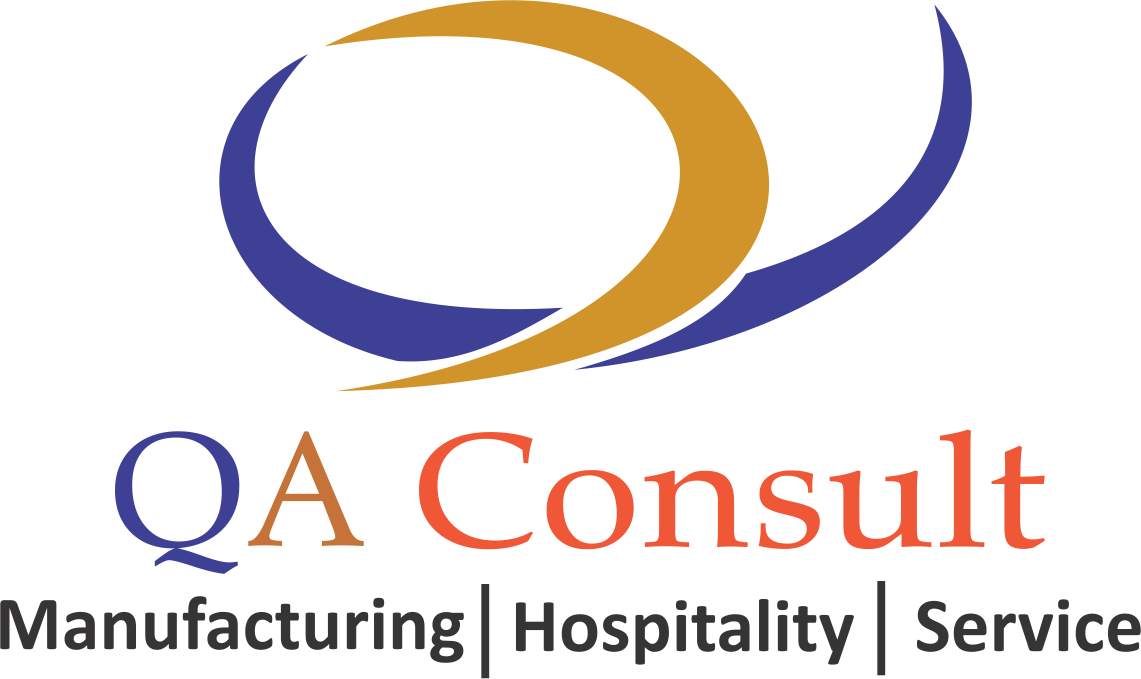The Manufacturer’s Dilemma (Part 1)
Over the years, many manufacturing start-ups have collapsed before their 5th anniversaries. What is left at best in such situations are packing lines that succumb to outsourcing contracts from bigger multinationals. Indeed, the issues confronting the local manufacturer are many; some are self-inflicted whilst others emanate from poor government policies.
Manufacturing
Whilst others start businesses with success in mind, the Ghanaian entrepreneur is always saddled with roadblocks and how to surmount them. The difficult economic terrain is turning many people away from exploring the many manufacturing ideas and falling for the less stressful trading ventures.
Availability of Ready Markets
That is a great responsibility considering all the hurdles that need to be cleared to get out there. There is the issue of quality and affordability which are all ingredients needed to compete strongly on the global market. The current tirade of US trade policies is an example of what could simply create great turbulence in any market. When such conditions emerge, there is a possibility for most products to lose grounds on the global market.
This issue of Trump’s consistent harsh trade policies is a wakeup call for Ghanaian Industrialists alike. When you become overprotective of your market, it is a way of telling other markets to do same. The aftershocks can be grave for weaker economies. The US has a humongous economy that is capable of surviving shocks from a trade war, but certainly not an economy like ours. Economies caught in this imminent trade war like China, Canada and Europe are equally strong and capable of staying resilient still.
The lazy Approach in Staying Relevant
Trade liberalization should not necessarily bring about an influx of cheap goods. Governments always have their golden eggs which they can protect and let the ones they cannot produce in adequate quantities come from other countries. That way, trading counterparts will not see it as stifling importation but would acknowledge a government’s effort to encourage the establishment of enough industries for economic growth as well as allowing inter-trade with other nations.
Sources of Raw Materials
Source of Funding
When entrepreneurs are faced with interest rates as high as 30% from commercial and investment banks, it is enough headache to halt the wheels of industrialization. It’s a helpless situation and the earlier dramatic steps are taken by key stakeholders of this industrialization drive, the better for this laudable agenda. By close of 2017, contribution of industry to Ghana’s GDP was around 24.5%.
The trend over the past 10 years can best be described as fluctuating and the factors contributing to this is quite obvious; some of which have been discussed above. The world of a typical manufacturer can be quite complicated with all these factors coming up strongly.
Way Forward
On the hand, the management of such businesses suffered from poor management decisions regarding cashflow and investments. Diversification is good, but when it is rushed it can destroy the core business of an organization. The mistake of industry players to quickly get on with new ideas even when the environment is not ripe has been one major failure that can be checked. Stay focused on the core business and diversify only when the core business has a solid foundation to shake off any turbulence!
It takes deliberate actions by both government through relevant policies and the private sector to create wealth through industrialization. The opportunities are huge and the right attitude towards business is required to make it work.
[divider]Johnson Opoku-Boateng is the Chief Executive & Lead Consultant, QA CONSULT (Consultants and Trainers in Quality Assurance, Health & Safety, Environmental Management systems, Manufacturing Excellence and Food Safety). He is also a consumer safety advocate and helps businesses with regulatory affairs. He can be reached on +233209996002, email: johnson@qaconsultgh.com.
Get In Touch
HEAD OFFICE
Aviation Highway , East Airport ( Spintex)
Landmark: Endpoint Homeopathic clinic
Get In Touch
HEAD OFFICE
Aviation Highway , East Airport ( Spintex)
Landmark: Endpoint Homeopathic clinic
